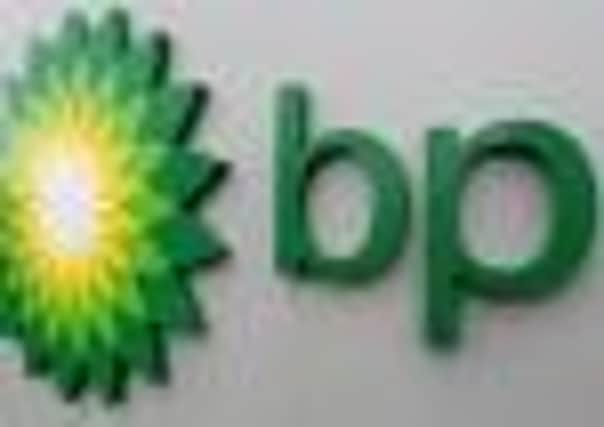BP’s pioneering technique will unlock 6bn barrels of North Sea oil


The company plans to use the world-first system to extract an additional 42 million barrels of oil from its Clair Ridge field, west of Shetland.
And it is hoped the system could be adapted for use to
extract even more hydrocarbons from mature fields on the UK Continental Shelf – delivering six billion additional barrels and extending the life of the North Sea oil and gas industry.
Advertisement
Hide AdAdvertisement
Hide AdBP has invested £75.5 million in the development of the desalination equipment for use in the Clair Ridge scheme and another four projects are already in the process of being evaluated.
Oil companies already regularly pump seawater into oil-bearing reservoirs, deep below the seabed, to help
increase the pressure and extract more oil from North Sea fields.
But, by removing most of the salt from the seawater, the new system will loosen the bond
between crude oil and the rocks surrounding it. Dave Lynch, BP’s head of reservoir management, said billions of additional barrels of oil could potentially be extracted in British waters using the new desalination system.
He said: “Instead of injecting seawater, which allows us to maintain the pressure in the reservoir and drive oil towards the producer wells, what we do here is reduce the salinity of the water and that reduces the electrical forces that hold the oil to the surface of the rock.
“So we liberate the oil from the rock and then we continue to sweep even more oil towards the producer wells.”
And he revealed: “We are now looking with the government and other operators across the North Sea at the potential to use this type of enhanced oil-recovery technique more widely. It is potentially very significant.
Advertisement
Hide AdAdvertisement
Hide Ad“Government analysis has said there is about six billion barrels of incremental (additional) recovery maximum that we could get through this type of technology.
“It will extend the life of the North Sea and that is great for the local economy in Aberdeen, for the Scottish economy and the UK economy, and jobs as well, of course.”
A BP spokesman said that the deployment of the new system to the Clair Ridge field was expected to “deliver around 42 million barrels more oil than would otherwise be obtained from conventional waterflood”.
He continued: “The ‘Mad Dog Phase 2’ project in the Gulf of Mexico is the second offshore project that plans to include a low-salinity waterflood to support increased oil recovery from the field. The technology has already been successfully tested in a field trial in Alaska.”
Jackie Mutschler, head of upstream technology at BP, said: “BP looked at the fundamental chemistry which makes the oil molecules stick to the rock surfaces in reservoirs. What we discovered is that by reducing the salinity, more molecules of oil could be released from the surface of the sandstone rock.”